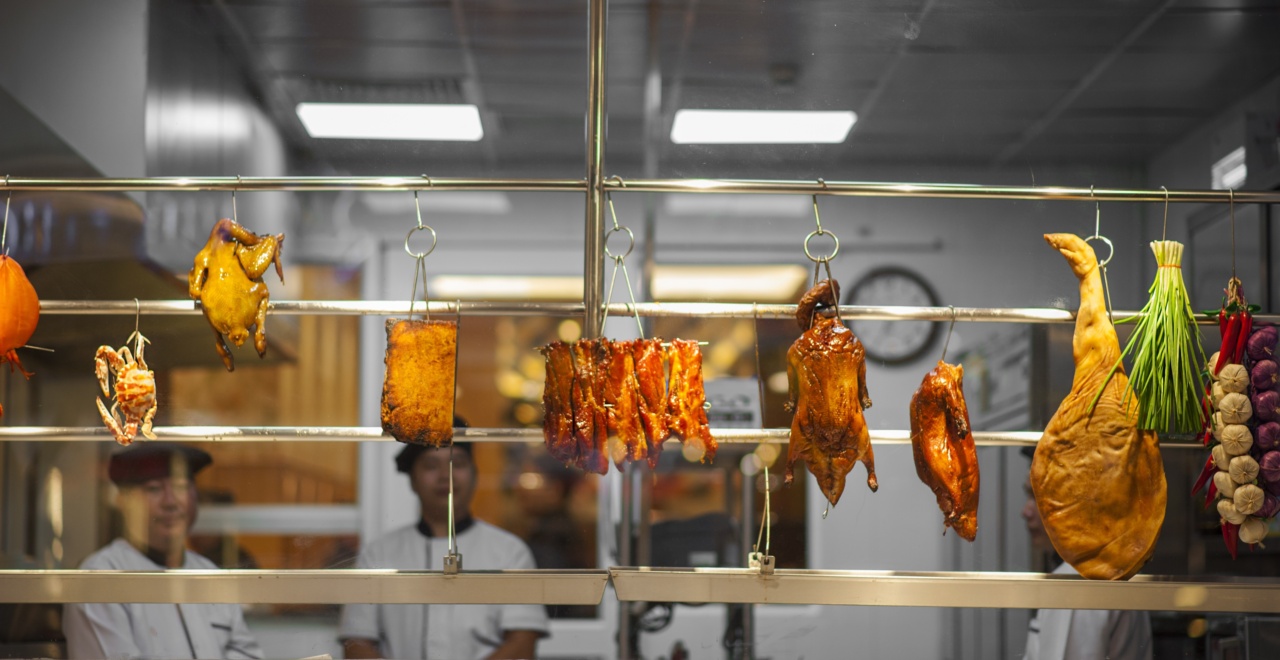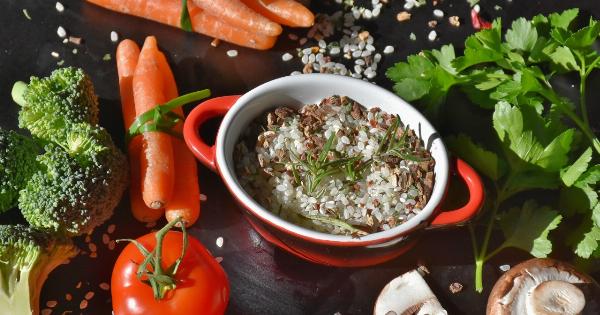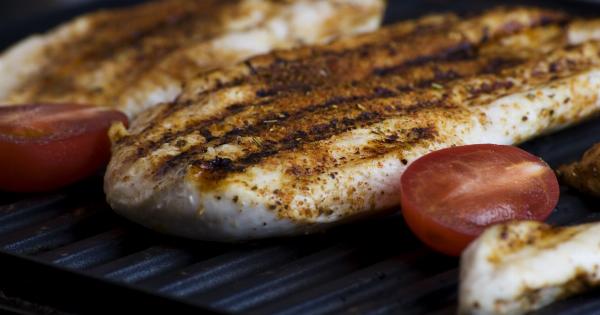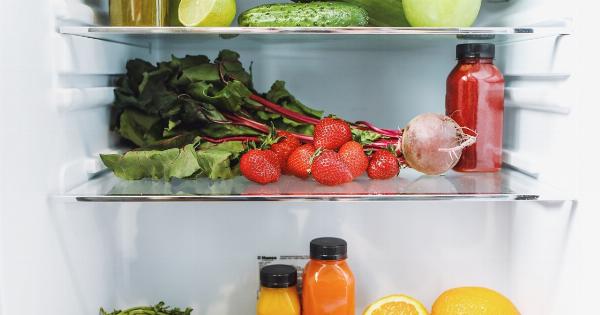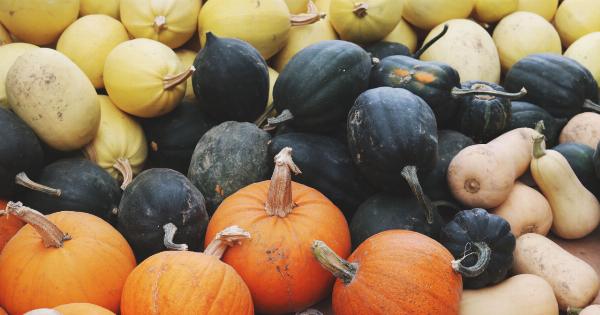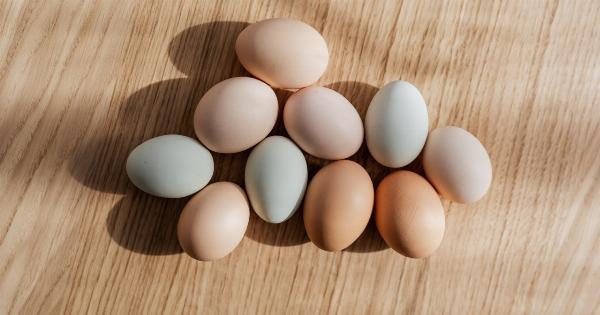Many times after cooking a meal, you may find yourself with leftovers that need to be stored properly. Storing leftover food correctly is important not only to preserve taste but also to prevent foodborne illnesses.
Here is a guide to storing leftover food including meat, rice, and vegetables.
Meat
When storing leftover meat, it is important to either freeze it or refrigerate it within two hours of cooking. Meat should be stored in an airtight container or wrapped tightly in plastic wrap or aluminum foil.
There are two different ways to freeze meat: raw or cooked.
Raw Meat
If you are freezing raw meat, it should be wrapped tightly in plastic wrap and then wrapped again in aluminum foil or placed in a freezer bag. Be sure to label the package with the type of meat and the date you froze it.
Frozen raw meat can last up to 12 months in the freezer before quality starts to decrease.
Cooked Meat
Cooked meat should be cooled down before it is frozen. Place the meat in an airtight container or wrap it tightly in plastic wrap and place it in the freezer. Cooked meat can last up to 6 months in the freezer before the quality starts to decrease.
Rice
Rice is a common leftover that can be stored easily. Rice should be cooled down before storing. Store leftover rice in an airtight container or plastic wrap. Rice can be stored in the refrigerator for up to 4 days and in the freezer for up to 6 months.
When reheating leftover rice, make sure it is heated to 165°F (73.9°C) to kill any bacteria that may have grown on it.
Vegetables
Vegetables should be stored differently depending on the type of vegetable. Leafy greens, such as lettuce and spinach, should be wrapped in paper towels and stored in an airtight container in the refrigerator.
Root vegetables, such as potatoes and carrots, should be stored in a cool, dry place away from sunlight. Onions and garlic should be stored in a cool, dry place with good ventilation.
Conclusion
It is important to store leftover food properly to prevent the growth of bacteria and other foodborne illnesses. Meat should be either frozen or refrigerated within two hours of cooking, while rice and vegetables have their own storage methods.
By following these guidelines, you can ensure that your leftover food stays fresh and safe to eat.
